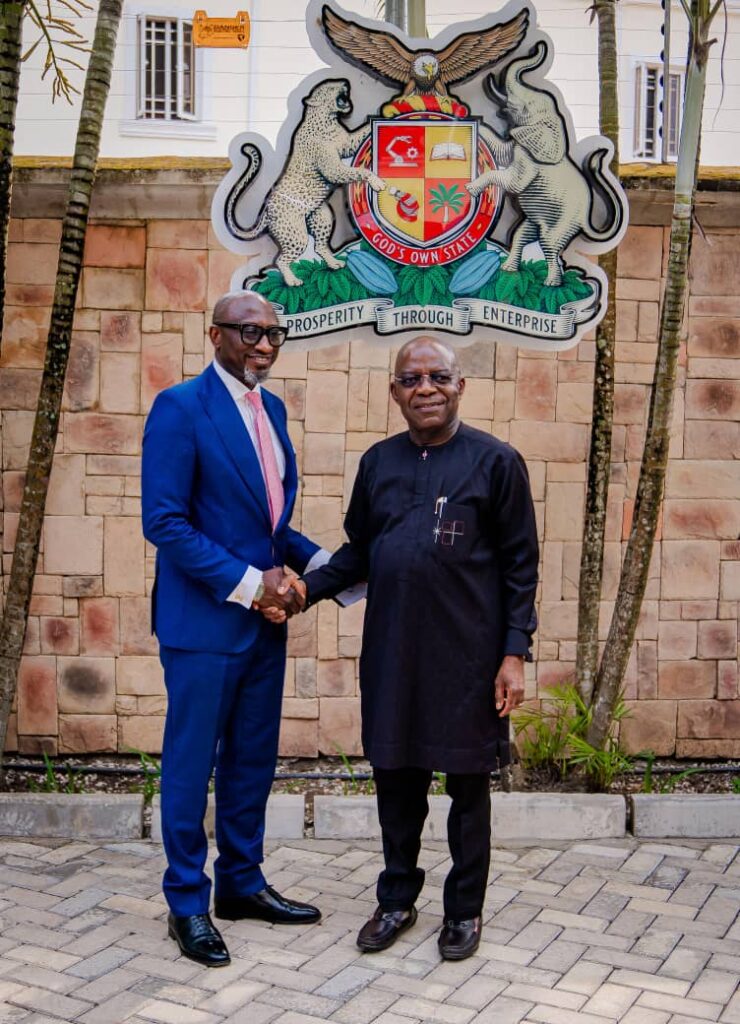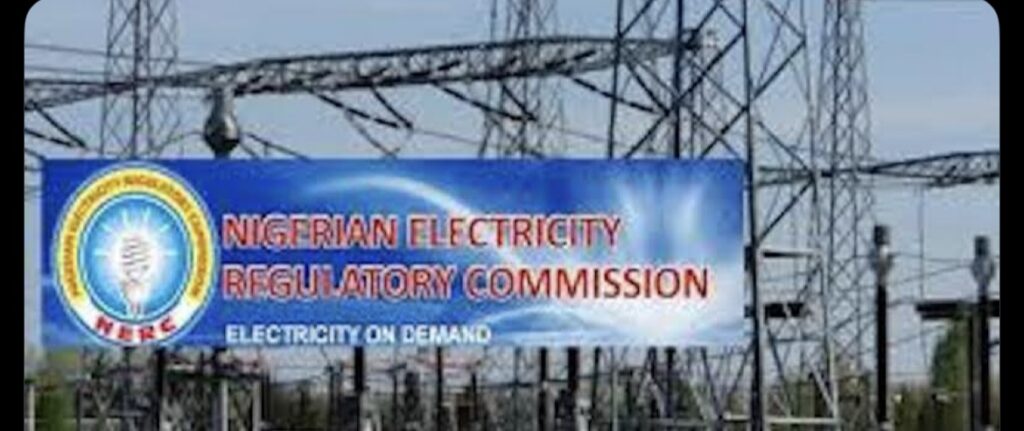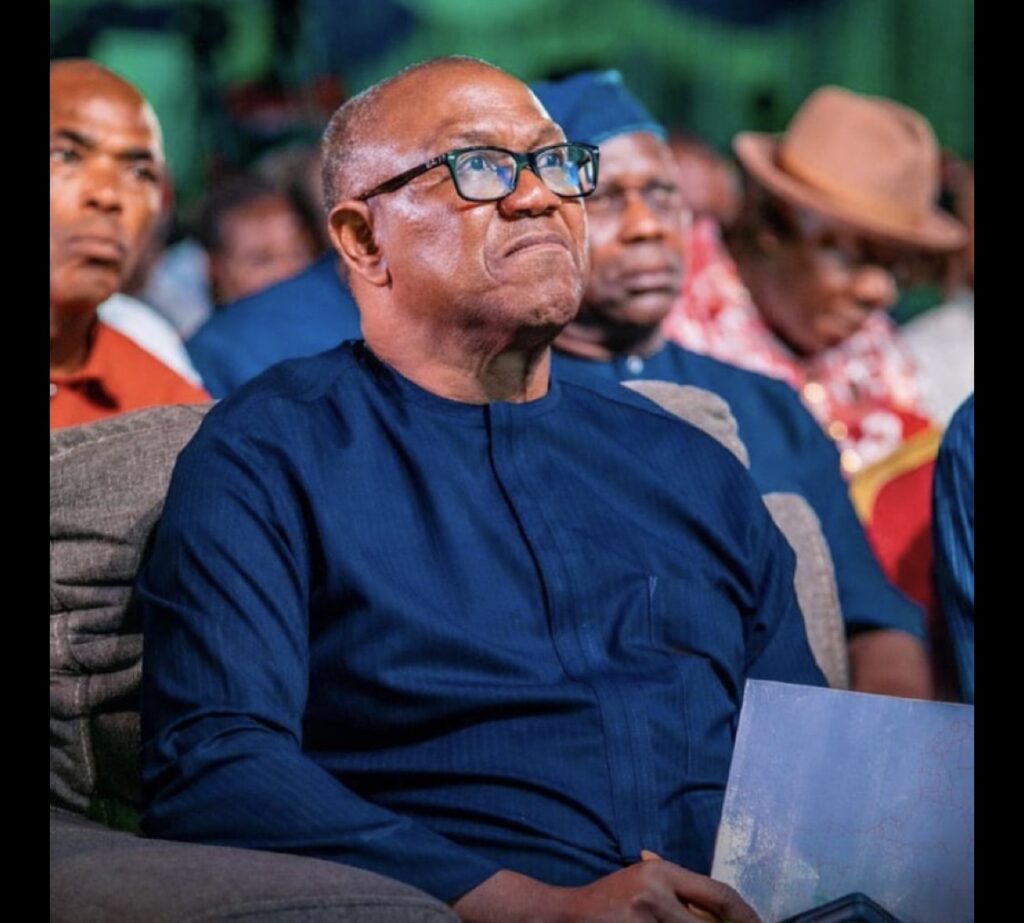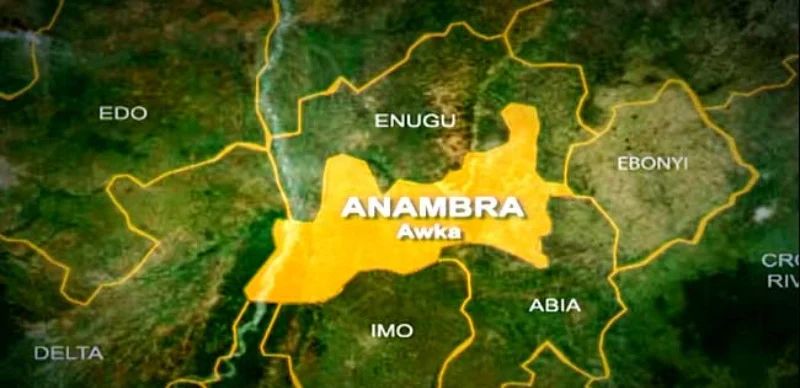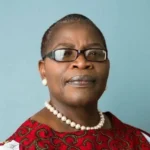Breaking News: Coalition to Oppose Tinubu in Limbo as a Serial Contester Atiku Hints He May Contest 2027 Presidential Election
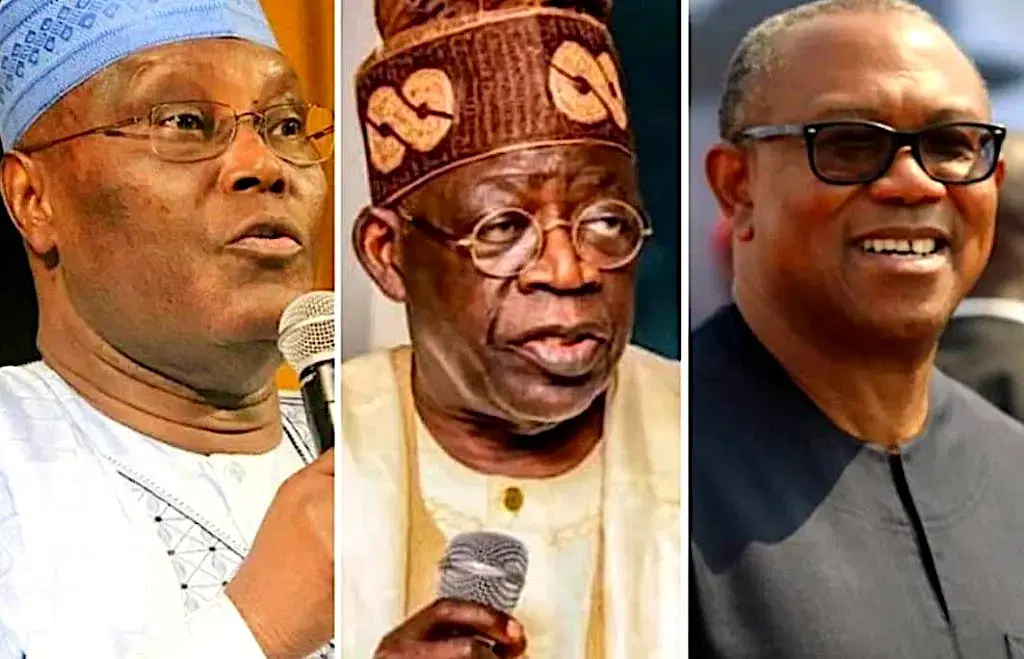
Former Vice president and presidential candidate of the Peoples Democratic Party, PDP in last presidential election, Alhaji Atiku Abubakar has given a veiled response of his intention and interest to contest again in 2027.
In an interview on “Untold Stories with Adesuwa Giwa-Osagie”, Atiku’s response as to whether he would contest has sparked a wave of speculation and intrigue among Nigerians, as he continues to keep the nation guessing.
Atiku’s decision to remain ambiguous about his candidacy has significant implications for the 2027 presidential election. As a seasoned politician with a wealth of experience, his involvement in the election could potentially alter the dynamics of the political landscape.
The PDP, which has been struggling to regain its footing since its loss in the 2015 presidential election, may see Atiku’s candidacy as a way to revitalize the party and challenge the ruling All Progressives Congress (APC).
The emphasis on the need for a strong opposition coalition to challenge President Bola Tinubu in the next election is a clear indication that he is aware of the challenges that lie ahead. Atiku’s efforts to unite opposition leaders, including figures like Peter Obi of the Labour Party and Nasir El-Rufai of the APC, demonstrate his commitment to creating a viable platform that can take on the ruling party.
Atiku’s response to the question of whether he would run again, “I don’t know,” suggests that he is carefully weighing his options and considering the viability of a potential candidacy. His statement that “there has to be a viable platform—more than any other time in Nigeria’s political history, particularly since democracy returned” implies that he is looking for a strong and united opposition that can challenge the APC’s dominance.
The former Vice President’s concern about Nigeria’s leadership crisis is a pressing issue that resonates with many Nigerians. The country is facing numerous challenges, including economic stagnation, insecurity, and corruption, which have eroded trust in the government. Atiku’s assertion that “I have not seen Nigeria in such dire need of experienced and credible leadership as now” highlights the urgency of the situation and the need for effective leadership to address these challenges.
Atiku’s reference to the 2014 opposition merger that brought the APC to power is significant, as it demonstrates his awareness of the importance of coalition-building in Nigerian politics. The merger, which brought together several opposition parties, including the Action Congress of Nigeria (ACN), the Congress for Progressive Change (CPC), and the All Nigeria Peoples Party (ANPP), was a key factor in the APC’s victory in the 2015 presidential election.
As the 2027 presidential election approaches, Atiku’s decision on whether to run again will be closely watched by Nigerians and the international community. His candidacy could potentially galvanize the opposition and provide a credible alternative to the APC.
However, if he chooses not to run, it could create a power vacuum that other opposition leaders may seek to fill.
In conclusion, Atiku Abubakar’s interview has set the stage for a potentially dramatic and unpredictable 2027 presidential election. As the former Vice President continues to keep Nigerians guessing about his candidacy, the nation waits with bated breath to see what the future holds for the country’s leadership. Will Atiku run again, or will he pass the torch to a new generation of leaders? Only time will tell.


